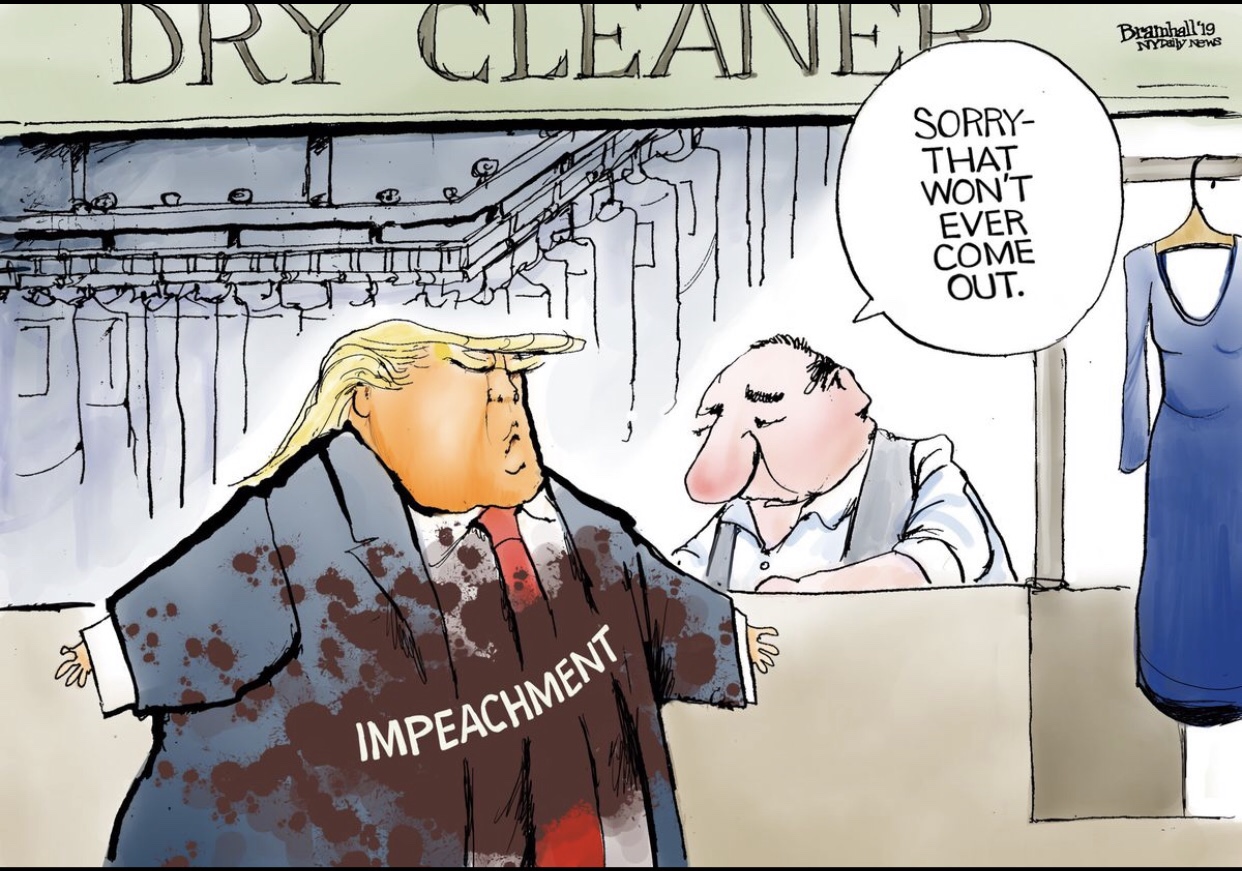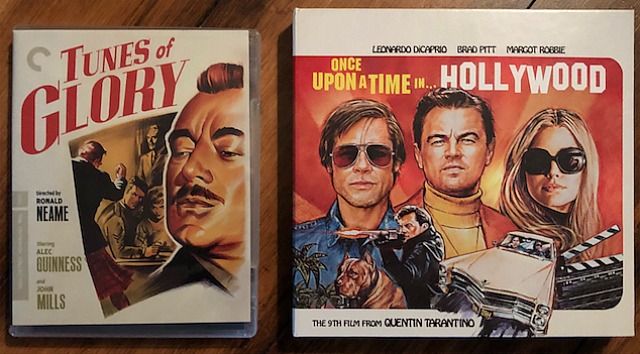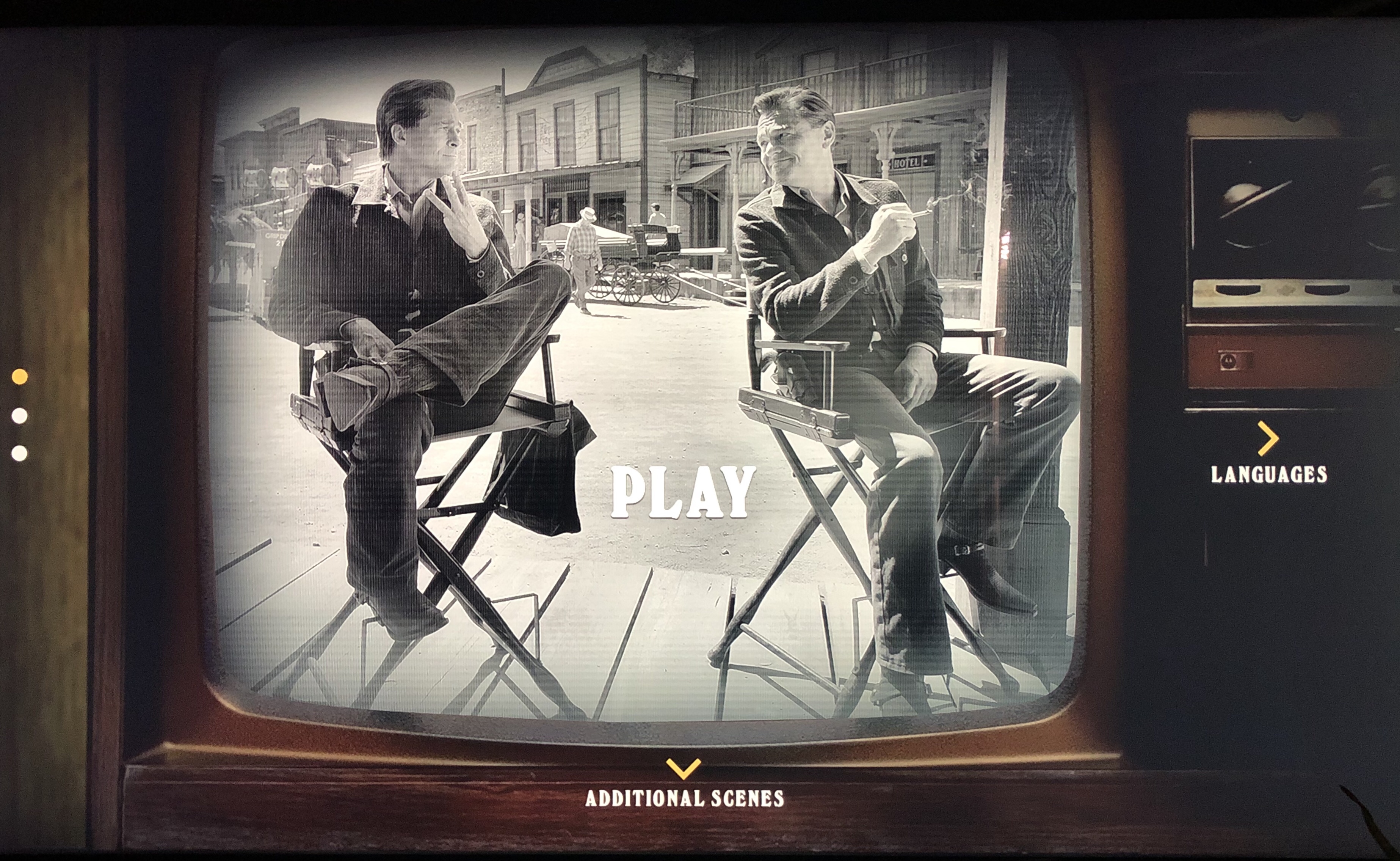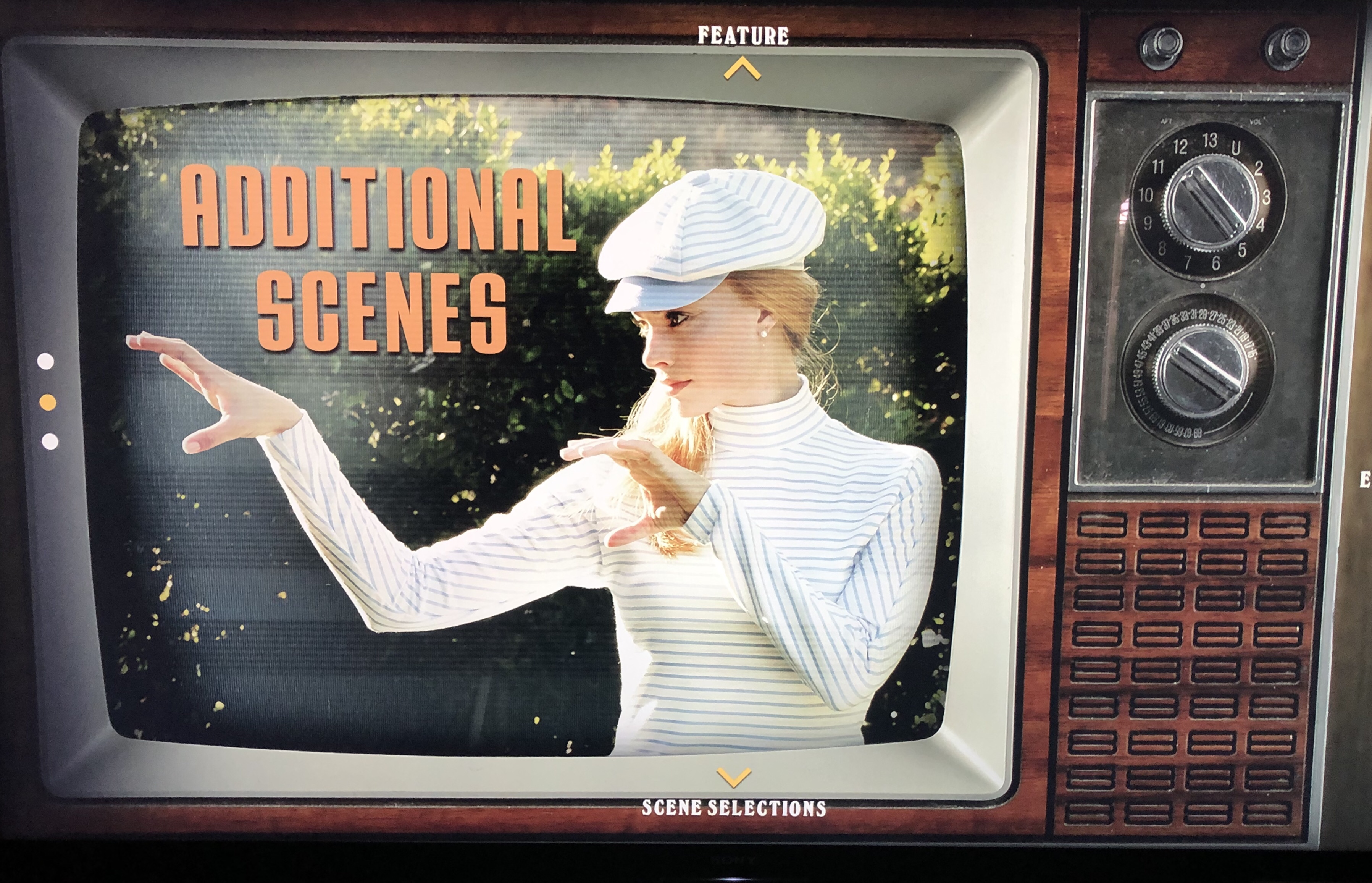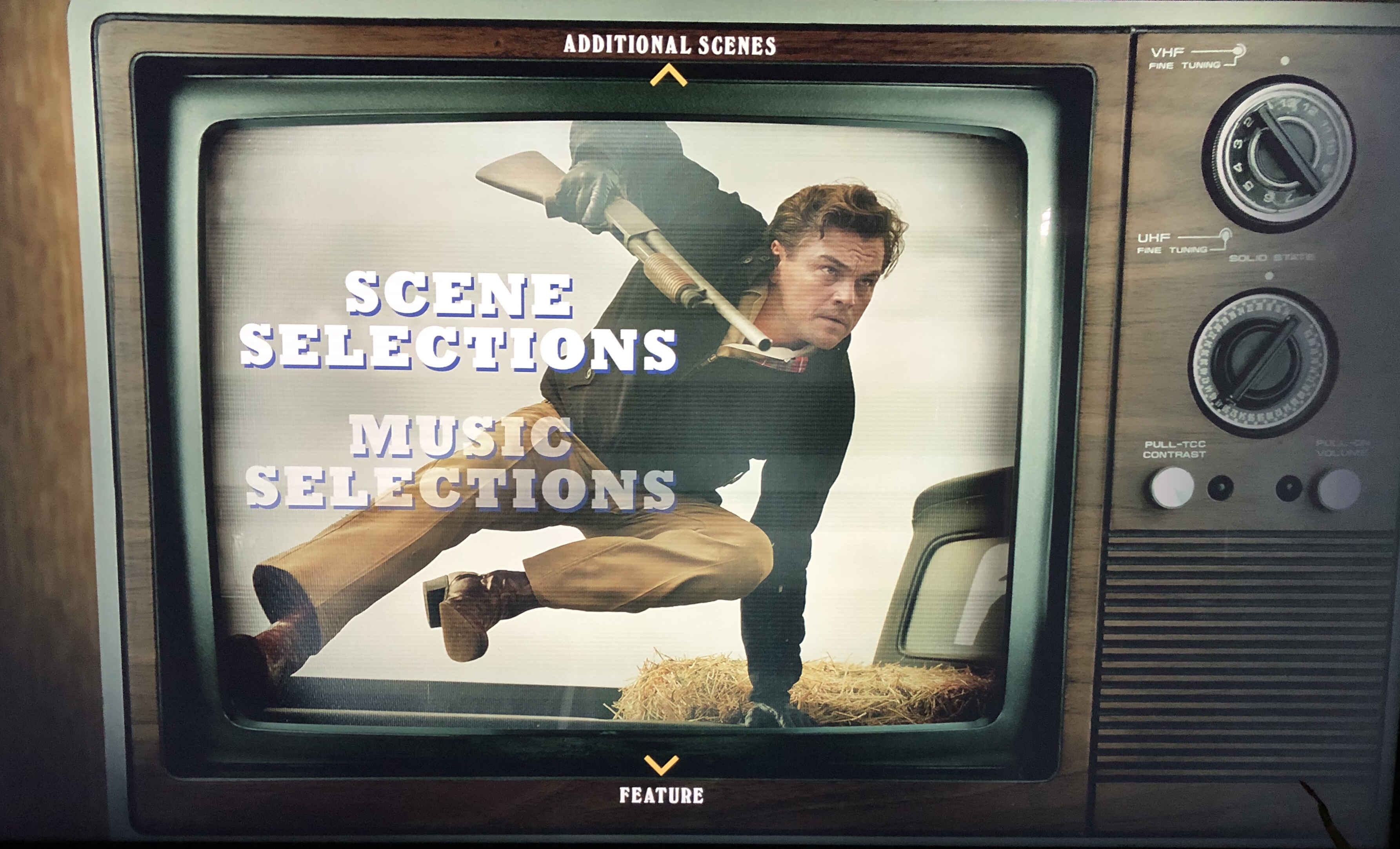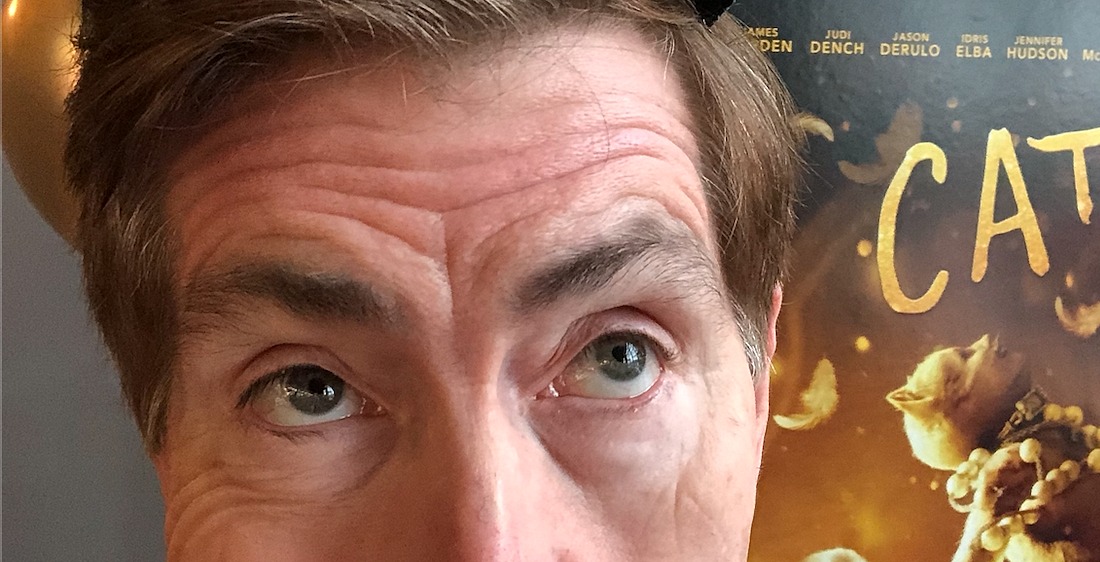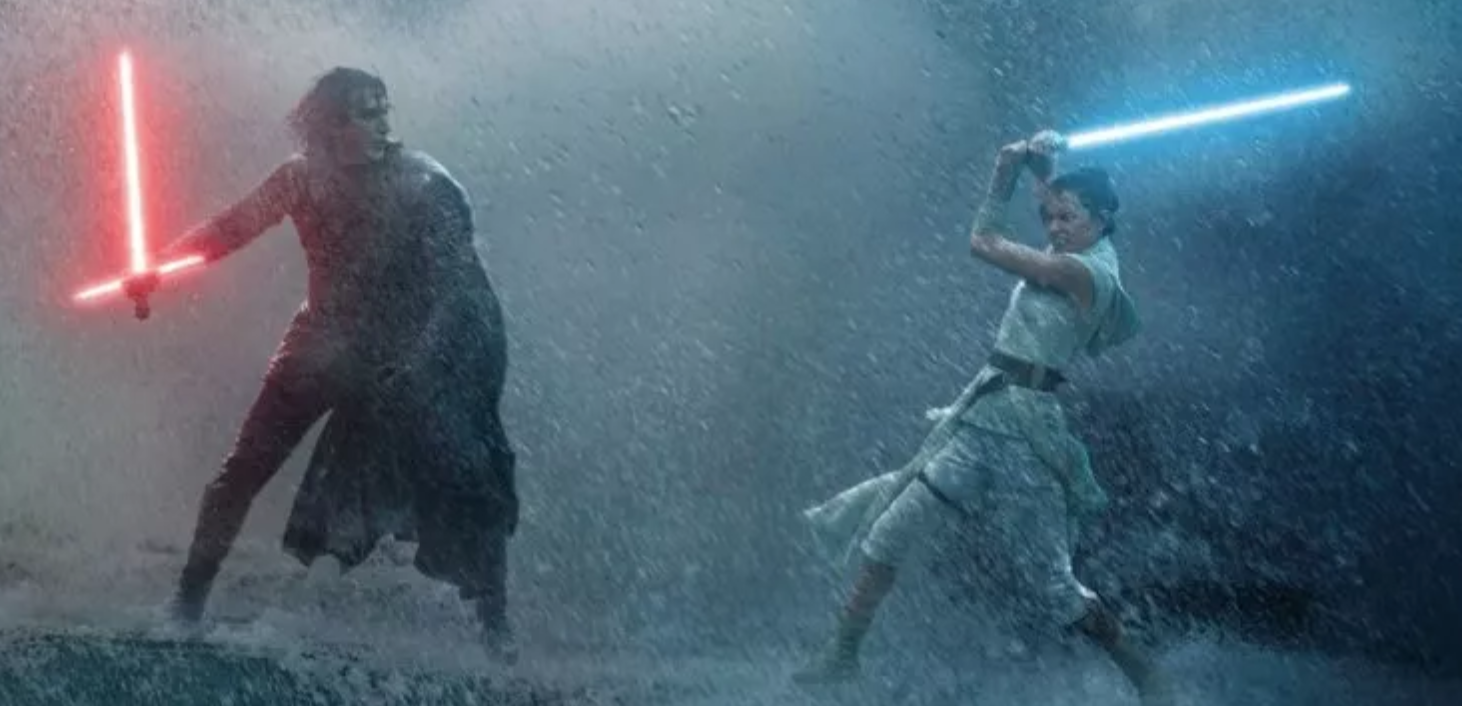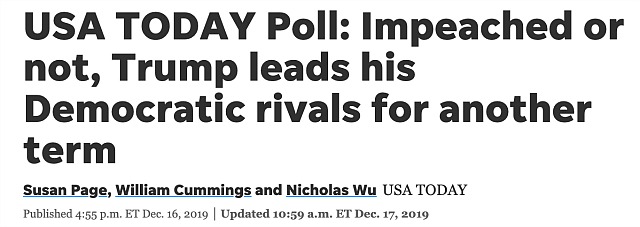Updated on 12.18, 9:15 am: There have been seven Star Wars films since The Empire Strikes Back, which opened on 5.21.80. For 39 years I’ve been hoping for another that would be as good. None of them have made the grade, and that includes Star Wars: The Rise of Skywalker, which I saw yesterday afternoon.
I was talking with a critic friend a few hours later, and he said something I more or less agreed with. He said “it’s okay.” That’s a fair way of putting it. And not a put-down.
I didn’t mind the classic fan-friendly stuff (echoes and replays of A New Hope, Empire and Return of the Jedi). There’s a whole lot of this in the second half, but the first half…yeesh. Director J.J. Abrams pushes the action along in such a crazy-ass, pell-mell, Mexican jumping bean way I had a headache within minutes.
Then again Rise is a somewhat better film than Abrams’ The Force Awakens. Or the last 45 to 50 minutes are, at least.
But that first hour is rough. “I don’t think I can take this,” I was muttering to myself. “If it doesn’t slow down I might have to…I don’t know, hit the lobby, walk around, check my phone messages.” But I manned up and toughed it out.
The Rise of Skywalker finally slowed down and became more or less coherent around…oh, the 75-minute mark, somewhere around there.
I took some notes after it ended and sent them to a friend. I won’t spoil anything important, I promise.
“There was a 50something fanboy sitting behind me going ‘aahwwww’ when anything the least bit endearing happened. Or “hah-HAH!” or “whoo-whoo!” when anything the least bit exciting happened. He wouldn’t stop. It was all I could do to keep myself from turning around and giving him my death-ray look.
“J.J. levitated the [redacted] out of the water and used the exact same John Williams music…great!
“And he re-did the Return of the Jedi finale on the forest planet of Endor with love, joy, hugs and great relief. And he included a lesbian couple kissing and hugging. (A real quickie.) But he also brought back [redacted]! I thought I’d seen the last of those guys.
“And I loved returning to a certain desert-like planet…
“I still don’t get why Kylo Ren has to wear a face-shield helmet. Darth Vader did so because his face was disfigured; Ren has a huge schnozz but otherwise has nothing to mitigate.
“Who’s the overweight bearded guy who plays one of the rebel pilots?” It turns out he’s Greg Grunberg.
“Emperor Palpatine was thrown into a black void by Darth Vader at the end of Return of the Jedi. Does anybody ever stay dead in these films? Back in the early ’80s dead Star Wars characters (such as Obi Wan Kenobi) would return as ghostly see-through figures with ice-blue lines around their edges. This happens again in The Rise of Skywalker but that’s all I can say.
Read more

